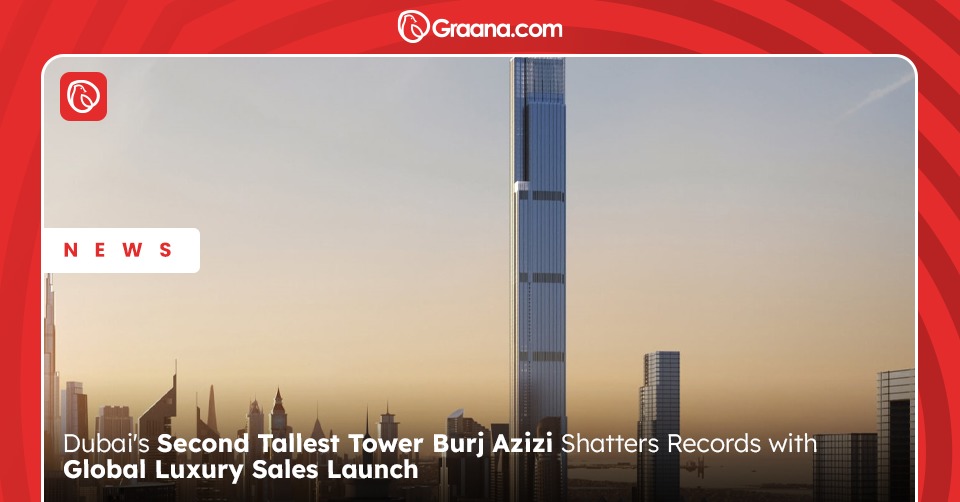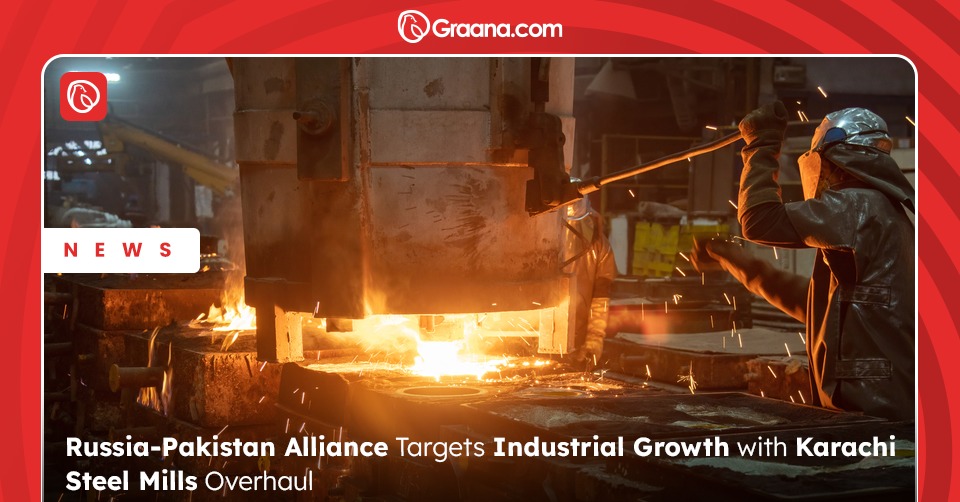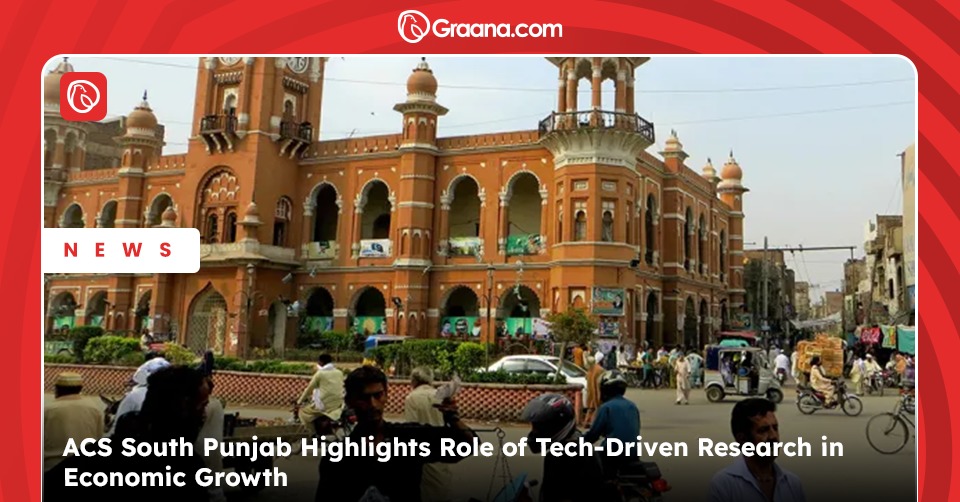The coronavirus pandemic brought about fundamental shifts in the real estate industry trends; the idea of a home became more paramount and homebuyers’ lifestyle preferences changed drastically. While the economy is regaining its momentum, there is now a revived surge in demand for real estate. Investors prefer to diversify their portfolio by investing in a concrete and fixed asset like real estate. The latter especially proved to be less volatile than currency, gold or stocks during COVID-19. Even though it comes with a heftier price tag, tapping into the luxury real estate market has proven to be an even more lucrative investment.
Luxury living involves more than just custom architecture, over-the-top details, and a beckoning view of the city skyline from your balcony. When you are buying luxury real estate, you are buying a lifestyle. Whether it is a sprawling penthouse or a modern villa, the amenities that come with the property amplify the experience. It all drills down to the micro details rather than the macro market landscape. Proximity to high-end shopping and dining spots, security (to the point of seclusion) and a number of private amenities are a few such examples. Some homebuyers even take the proximity to other luxury properties in consideration.
Graana.com, Pakistan’s smartest property portal, has outlined the key trends in the luxury real estate market below, which are expected in 2022.
How to Invest in Luxury Real Estate
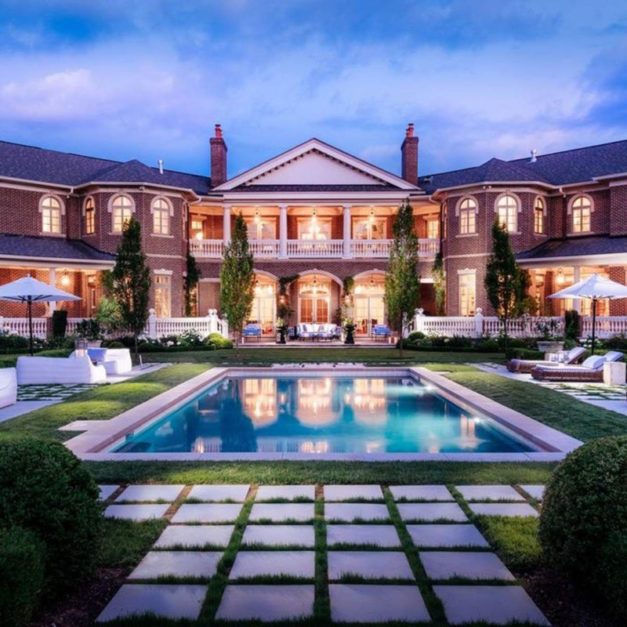
There are several options to make profit in the high-end market. These include investing internationally (to gain benefits that you won’t typically find in the local market) or buying a luxury vacation property (to rent out to vacationing families). Some other paths that you can take have been listed below:
Buy Luxury Real Estate
A simple way is to just buy an existing luxury property. However, consider a few factors first. For instance, is it in a prime location? Buying a place that looks modern but lacks access to amenities and transportation facilities is, in fact, a poor investment. Secondly, how many amenities and features does it offer? Up-to-date features like full-time security services, along with added benefits like expansive views, can easily make or break an investment.
Flip an Upscale Property
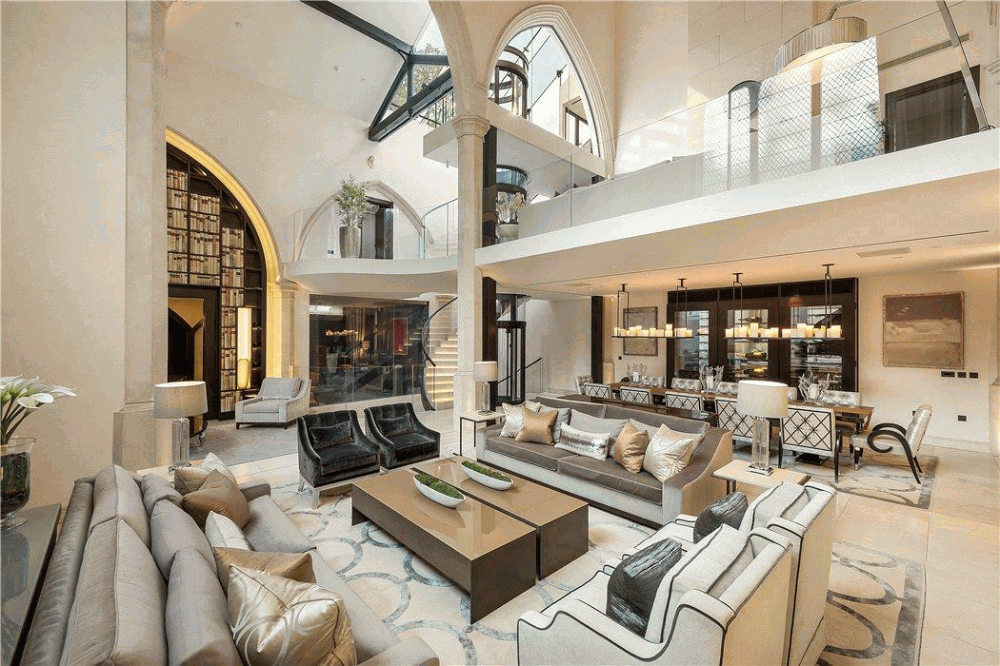
Another approach is to remodel a luxury property. Upgrading the interior and exterior, so that they include trending features, can bring in an even higher ROI. It would not even take up too much of your resources as luxury houses are well-kept, and do not require as much renovation and maintenance as an average house. However, it is important to note that there may be limited options in this case as finding a property that fulfils your requirements in terms of architecture and style would be difficult. On the other hand, competition is low as not many house flippers choose to invest in the luxury market.
Build From Scratch
The luxury market is typically associated with the highest profit margin, even if it takes a relatively longer period of time to gain those returns. This is because a well-kept home with modern features and style will attract the top price when you ultimately decide to sell. Choosing a layout that is tasteful – and functional as well – will appeal to a broad segment of homebuyers, thus maximising your chances of selling quickly as well as at a higher price.
Rent It Out

With several high-quality facilities and amenities at hand, there will be a number of tenants who would be willing to pay a high amount for such a property. You can select a tenant of your choice from a wide pool of applications, and you will easily gain profits in the longer run.
Luxury Real Estate Market Trends
The following are the top luxury real estate trends of this year:
Changing Demographics
With distinct preferences for their homes, the new wave of young homebuyers are driving a generational shift in the luxury sector’s target market. The emergence of this new buyer demographic has brought about a new set of priorities, from high-end appliances and gadgets to exquisite furnishings and finishes. Even professional home staging can play a significant role in their decision-making process. Millennials generally prefer to invest in real estate projects that can help them lead an opulent lifestyle. Secondly, since they are a tech-savvy generation, social media has made luxury seem even more accessible — propelling them to make larger investments. In fact, their online research and interactions play a major influence in most luxury home purchases.
Multifunctional Spaces
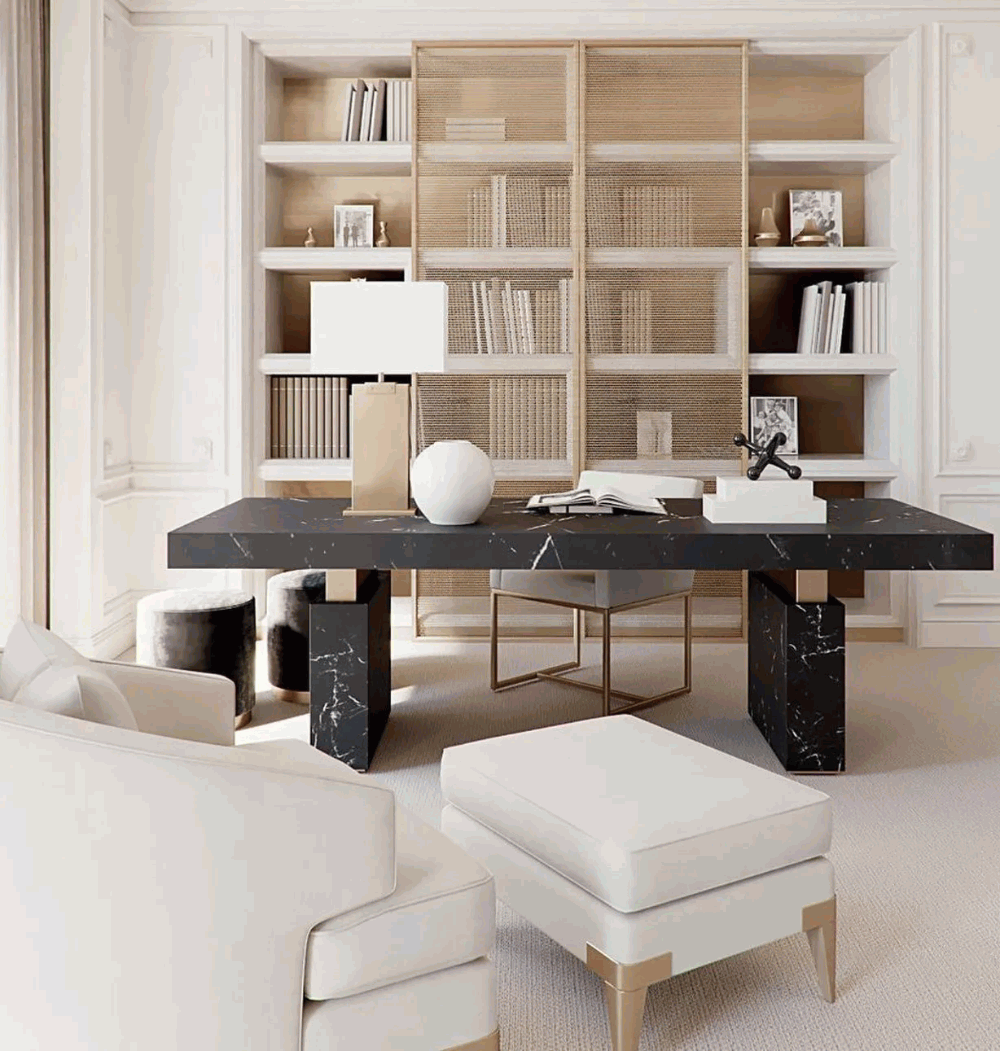
The coronavirus pandemic changed the way people used their living space. A single room served multiple purposes, where one could take a meeting, give an exam, exercise or unfurl a yoga mat. Now, as we recover from the effects of COVID-19, homebuyers continue to prefer flexible, multipurpose spaces. Several offices still have work-from-home structures in place, prompting the need for a dedicated home office space instead of utilising a kitchen island as a workstation. Luxury homebuyers prioritise features that maximise hybrid living spaces in a way that blends function as well as form. This could include compact furniture and more airy, multifunctional space for work, play as well as sanctuary.
Larger Spaces
As remote or hybrid jobs have increased flexibility, more and more people have the opportunity to shift to new places, which increases housing options available to them. A significant trend has been buying properties in far-off places outside the main city areas for more spacious homes. Luxury homebuyers value both large interior spaces (with additional versatile space) as well as large outdoor spaces. Buying a bigger property also gives them the opportunity to expand; they can knock down the wall and build more rooms if and when they want to.
Green Living
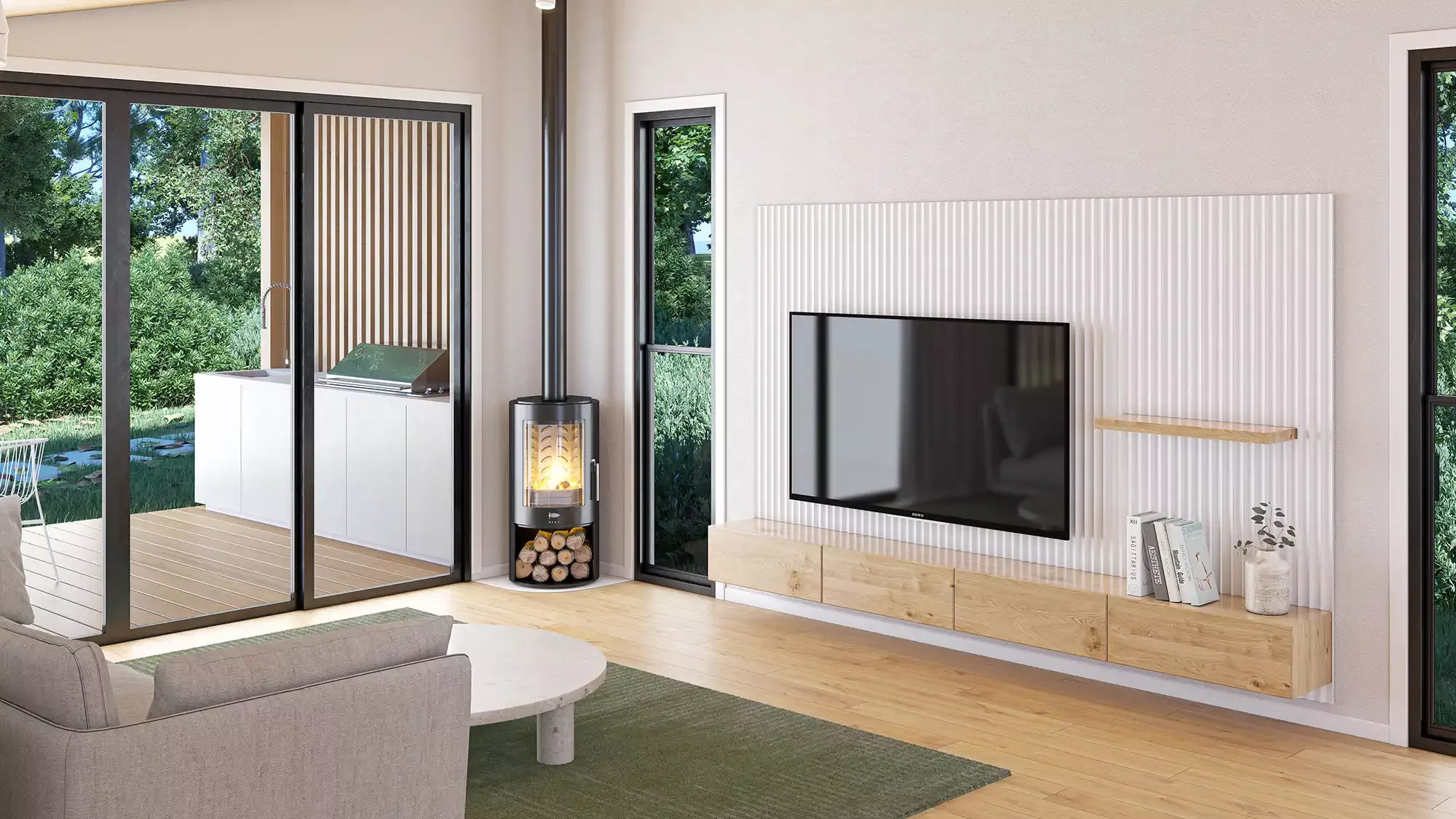
In recent times, builders and designers have adopted eco-friendly technologies to construct green houses to help build a sustainable future. Luxury homes are not an exception in this case — unconventional methods have popped up to promote both luxury and sustainable living. These include using natural resources like rocks, sand, timber or recycled products to create unique and structural wall features; LED lighting; using locally-sourced building materials; growing vegetable gardens; installing solar rooftop panels etc. All these can help offset our carbon footprint without sacrificing the element of luxury.
Among the many real estate technology trends, smart-home systems are the most sought-after feature in luxury real estate that aid in sustainable living too. They control the heat, light, ventilation and sound in every room. They are especially suitable for homeowners who have several residences, as they also enable you to turn off power when the property is vacant.
Other Modern Features
Luxury homes were previously criticised for being too ostentatious or wasteful. However, with modern trends, preferences for most luxury features have changed and are in line with the ‘less is more’ concept. Even historic buildings have chosen to redesign their interiors to meet these demands. There are fewer items on display, and there is an emphasis on textures and tones instead. The neutral palette takes precedence now, along with sharp and angular designs, and features that allow the maximum amount of natural light to stream through. Smooth stucco, marble-clad walls, backsplashes, floating vanities, floor-to-ceiling windows, sliding doors are just some other common features that are popular in luxury real estate now. Building two kitchens has also become customary (one for meal preparation and the other for entertaining friends and family).
Interestingly, current home designs have been focusing on inverted floor plans (where spaces on the upper floors are dedicated to living rooms instead of bedrooms).
On the other hand, privacy and security features continue to top the list of priorities, such as 360-degree CCTV cameras, passcode entryways, presence detectors and more.
Future of Luxury Real Estate
The luxury real estate market has retained its lustre due to its tangible nature, making it an appealing option for reaping good returns. This is further reinforced by the fact that several gated housing societies have been developed in the major cities of Pakistan. No matter how low a luxury property is listed, the high surge in demand and competition will eventually push the price to the top of the market. Even if there is a low dip in the market, there are high chances you would be able to ride it out and protect your wealth in the long run. In the case of commercial real estate trends as well, investors have been increasingly attracted to luxury real estate, like offices in upmarket neighbourhoods and showrooms.
For more guides on how to invest and real estate forecasts, visit Graana.com.

